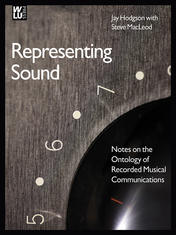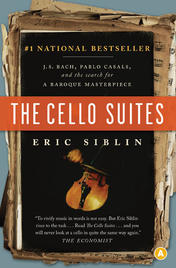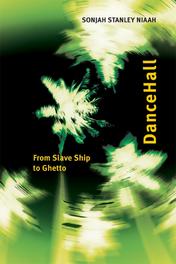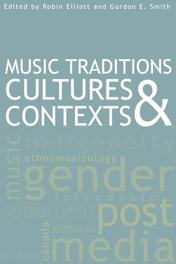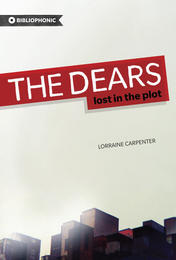History & Criticism
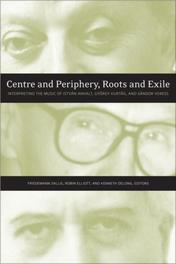
Centre and Periphery, Roots and Exile
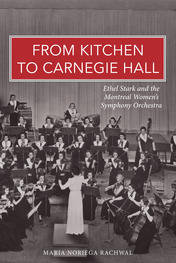
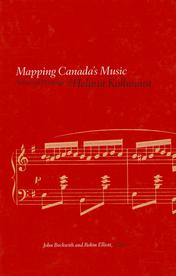
Excerpt from Mapping Canada's Music: Selected Writings of Helmut Kallmann edited by John Beckwith and Robin Elliott
From the Chapter 15: Mapping Canada's Music: A Life Task
The Impetus
All I wanted was to gain more insight into Beethoven's personality. I had plowed my way through three volumes of his letters in Prelinger's edition1 and was now, in the summer of 1948, reading through the second appendix. There, underneath a letter to the composer from a visitor to Vienna, it stared at me in clear print,”Theodor Molt, music teacher in Quebec, North America” [“Musiklehrer in Quebec in Nord Amerika”], December 1825.
“A music teacher in Quebec in 1825, but that's impossible! ” was my immediate reaction. I thought the eldest of the teachers I saw around the Royal Conservatory of Music of Toronto, men born in the 1870s, surely belonged to the first or, at most, second generation of music teachers in this new country. 2 Yet here was someone by the name of Molt who taught in Quebec City a century earlier!
What was the story behind this man? Other Beethoven literature provided details about Molt's visit to the composer, and of these I will mention only that Molt, who had first settled in Quebec in 1822, returned there in 1826 with a Beethoven manuscript in his hands, the canon “Freu' Dich des Lebens,” WoO 195. Rather, what piqued my curiosity was the Canadian aspect of the episode. Although I had arrived in Canada in 1940 as one of some 2, 000 interned refugees from Germany and Austria, our camps were enclaves of European culture, for three years linked to Canadian musical life only by radio broadcasts of the Montreal and Toronto orchestras and recorded music programs. We knew little about Canada's history.
By the time I entered the University of Toronto in 1946 I had gathered my first impressions about current musical life. Although a strong wartime morale booster, music making had been downsized, but now that the nation had returned to civilian life it was raring to emerge stronger than ever. I heard a lot about music's future. Thus, in Quebec a series of state conservatories expanded or opened, in Toronto plans matured for a senior school with master teachers, a professional opera school, and a new course for future school music teachers. Composition teachers versed in contemporary idioms at last assumed university positions. Professionalism seemed just to arrive. Indeed there was a flurry, if not an explosion, of talent and activity. And what about the past? One didn't talk about that. In my three years of music history classes under three different professors, Canadian musicians, past or present, were never subjects of discussion or even mention. Anything of importance, as though by definition, had to take place in Europe or the United States. Music in Canada “had no past” apart from folksong, and in any case one was too busy to celebrate old heroes. True, the Hart House String Quartet of Toronto, and the Montreal Opera Company were memories of older music lovers; true, a Kathleen Parlow or a Rodolphe Plamondon had won acclaim abroad, but there had been a long succession of shipwrecked orchestral and operatic enterprises—backwoods enterprises typically led by organists who found themselves suddenly in front of an orchestra and who hated what little contemporary music they knew. Or so one was told.
Till the end of the war, music was taught at some dozen universities with curricula (at least in Anglo-Canada) perpetuating the time-honoured British system emphasizing complex tonal harmony, fugue and orchestration, but not teaching research techniques, contemporary idioms or much else useful for entering the profession. Little wonder that many young composers resented the conservative academics and part-time composers whom they identified with the age of Elgar or Tchaikovsky, instead placing Schoenberg, Webern, Bartók and Stravinsky on their banner. As if to confirm this negative view of the Canadian past, the CBC’s epochal Catalogue of Canadian Composers (1947) with its generous coverage of living composers disregarded almost all those who had died.
Beside the music teacher of 1825 with Beethoven's manuscript in his hand, one other signpost made me suspicious of this negative view of Canada’s musical past. My Baedeker's Canada of 1907 contained a number of city maps that displayed an “Opera House” in a prominent location, those of Hamilton, Ottawa, Saint John, Toronto, Vancouver and Winnipeg. 3 What cities, if any, had opera houses in 1948?
From the Chapter 17: At Home with the Kallmanns: A Schöneberg Family in the 1930s (1992/2001)
“Write him and he'll have to mend his ways”
It is early 1933. The grownups talk about very important matters. Serious, exciting matters. The Nazis have taken over the government. They plan evil. They lock up their opponents, they rule with orders and scaremongering, they are brutal and without mercy. Some people are sent to a camp (Sonnenburg I believe) where they are tormented and beaten. The greatest enemies of the Nazis are the communists, the objects of their fiercest hatred the Jews. But as organizers of parades and festivities—in this they are great, as even their opponents admit. “If Hitler is such a bad person, then write him a letter and explain to him how bad he is. Then he will have to mend his ways,” I as a ten-year-old advise my parents. Soon there is a day of boycott during which Jewish lawyers may not enter the law courts. “But, papa, if you simply walk up the steps to the law court, how can anyone stop you?”
The Notary Sign Is Stolen
One morning in 1933 or 1934 one of us notices that my father's notary sign with the Prussian eagle is missing from the railing in the front garden. Overnight it has been unscrewed and stolen.
Herr Engwicht Disappears
A portent of the dark future is a rather disquieting phone call from Mr. Engwicht, who up to this point in 1933 has given my father more work than any of his other clients. It is late evening and he calls from one of the big hotels. He has met some foreigners, possibly Dutch people, and they work out some grand business plan. Something very important and urgent. My father advises them lengthily over the phone. Engwicht and his people will either call back or come to us around midnight. My father waits for a long time. No further phone call. Did Engwicht explain later on? Was he going to mock my father, or did the contract come to naught? I know only that something was fishy.
The Law Practice Goes Under
Other Jewish lawyers are soon forbidden to practise; only those who fought at the front line in the First World War and those with many years of practice are allowed to continue in a limited way. 6 My father belongs to the latter, though he was not a combatant in the war. Now he represents only Jewish clients. The office secretary, Fräulein Fohgrub, stays another year or two; later we children sometimes have to help (e. g. , typing legal documents or expediting letters). Day after day the government law gazette prints new laws, laws which have simply been proclaimed without parliamentary debate, laws that trample on procedure and decency. My father is incensed. Jewish lawyers now form “cartels,” groups of four who meet on occasion and discuss events. Eventually my father is no longer allowed to plead before a judge, can only advise his clients. Then, about 1937 or 1938 that too stops. 7 For him, there is no other means of earning money, as he has now turned sixty-five.
